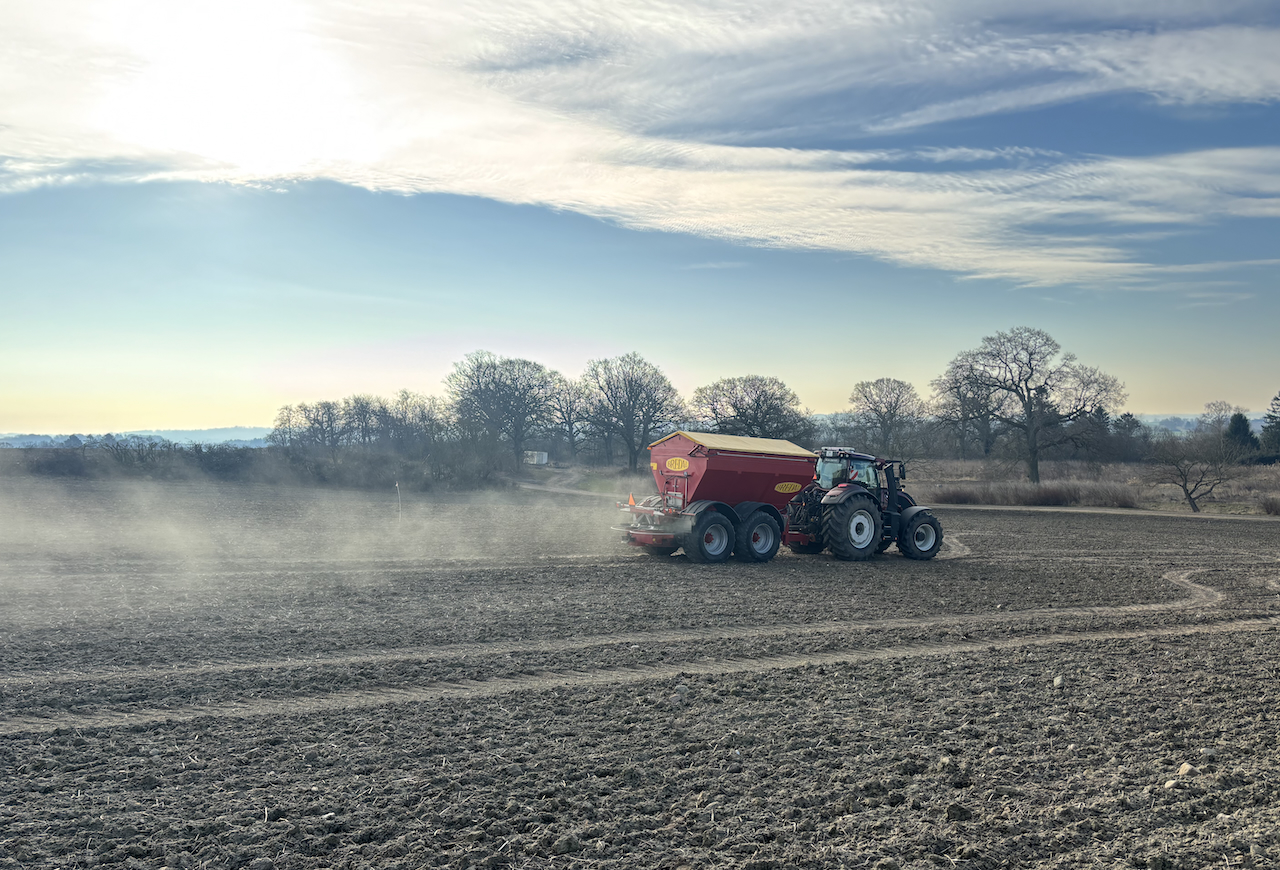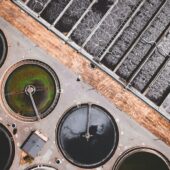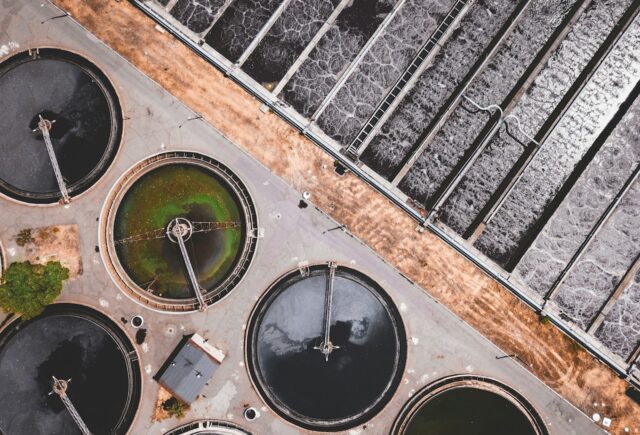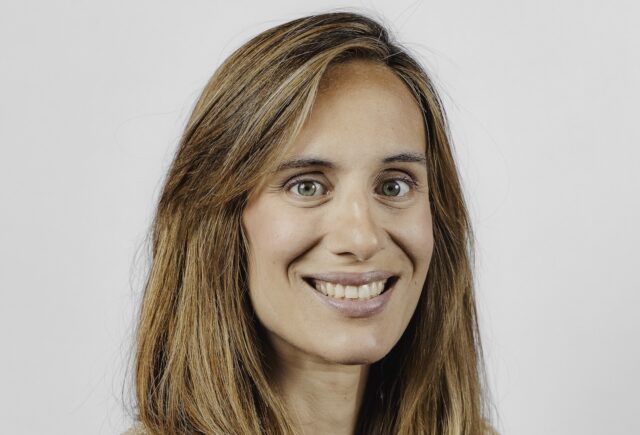Rock Flour Company has raised €6.1m in a seed round led by the Export and Investment Fund of Denmark and Novo Holdings for its carbon removal and regenerative agriculture solution using Greenlandic rock flour.

The Export and Investment Fund of Denmark (EIFO) alongside Novo Holdings, the investment company responsible for managing the assets of the Novo Nordisk Foundation, have led a seed round into Rock Flour Company (RFC), a deep-tech venture which is developing solutions for sustainable agriculture and permanent carbon removal using Greenlandic rock flour (GRF).
Other new investors in the seed round, which raised €6.1m, include Greenlandic venture capital investors Nalik Ventures, Greenland’s pension fund SISA, and Germany-based impact investor Carbon Drawdown Initiative. The latter focuses on carbon removal, particularly through enhanced rock weathering.
Existing investors also participated in the round, including angel investors, climate-focused investment firm 2degrees, and Danish impact investors The Footprint Fund and Planetary Impact Ventures.
Rock flour
GRF is formed by the motion of the vast Greenland ice sheet, which grinds down bedrock under the pressure from 3km of ice into micron-sized particles. Summer meltwater flushes GRF out of the glacial system, and into accessible shoreline deposits.
RFC said that over a billion tonnes is deposited across Greenland every year, providing an opportunity to use the deposits for rock weathering for carbon capture and to reduce fertiliser use across European agricultural land.
Responding to questions from Impact Investor, Rünno Allikivi, investment manager in the green transition team at EIFO, said his organisation has been following the company’s progress since making indirect investments through its engagements in The Footprint Fund and through co-investments in other early stage agricultural startups with Planetary Impact Ventures.
“The progress within the company, the development of plans, getting licenses and just the enormous potential for agriculture and climate has sparked our direct involvement in the company,” he said.
“Now, we are taking a seat on the board and can contribute to the scaling up. We really want this to happen, for the company, for Greenland and for the climate.”
Investment focus
RFC, founded in 2023 by Greenlandic geologist Minik Rosing and 2degrees, will use the investment to commence commercial deployment of its first GRF project in Greenland, initiate long-term commercial pilots, advance large-scale permitting, and build partnerships across the value chain.
Eliot Booth, chief operating officer of RFC, explained the company is in the process of obtaining an exploitation licence from local government to commercialise the sale of GRF.
“To date we have done pilot testing of rock flour weathering on farmland but we do not yet have the required licenses to commercialise it. In the future, with the licences in place we want to be able to move hundreds of thousands or even millions of tonnes of the material,” he said, explaining that the company had applied for licenses at three sites where there are large volumes of GRF deposits.
Booth said the company was also busy building the supply chain, including securing demand for the products.
“We plan to partner with distributers in Denmark first, before moving to the rest of Europe,” he added.
Some of the investment will also be allocated towards accelerating R&D and processing innovations to reduce the water and quartz content in GRF, which makes it bulky to transport and less efficient.
“The added water and quartz create a lot of deadweight, so we also want to improve the processing of the material to increase its potency and add value,” added Booth.
Carbon capture and regenerative agriculture
GRF’s unique mineral composition and fine particle size are said to drive accelerated CO₂ removal through enhanced rock weathering, the process of spreading the fine powder over agricultural land to increase its surface area and contact with CO₂ in the atmosphere. The company claims that GRF can rapidly capture up to 25% of its weight in CO₂, which it says makes it deeply carbon-negative.
“All rock either has the capacity to capture carbon dioxide or has already done so, storing it naturally on geological timescales,” said Booth.
“What makes Greenlandic rock so special is that it hasn’t weathered yet because it’s sitting in Greenland in cold conditions and underwater. GRF also has a very small particle size of less than 10 microns, so when weathering occurs, the surface exposed is very large,” he added.
Regenerative agriculture
GRF also contains potassium, phosphorus and other key micronutrients and can be used as a soil amendment to provide a natural source of nutrients and improve nitrogen-use efficiency, reducing the need for fertiliser.
Rock Flour Company said GRF is the same natural starting material behind the world’s most fertile agricultural soils in existence today, and the company’s 20 trials to date across Denmark, Germany, Belgium and France have demonstrated an ability to maintain crop yields whilst reducing fertiliser use by 25% to 30%. In several cases, cropland amended with GRF has demonstrated crop yield uplifts of up to 30%.
“There is a lot of pressure on farmers in Europe to reduce their use of synthetic fertiliser, which runs off agricultural fields and contaminates aquatic ecosystems. GRF offers them a solution to maintain their yield while reducing their environmental impact,” said Booth.






